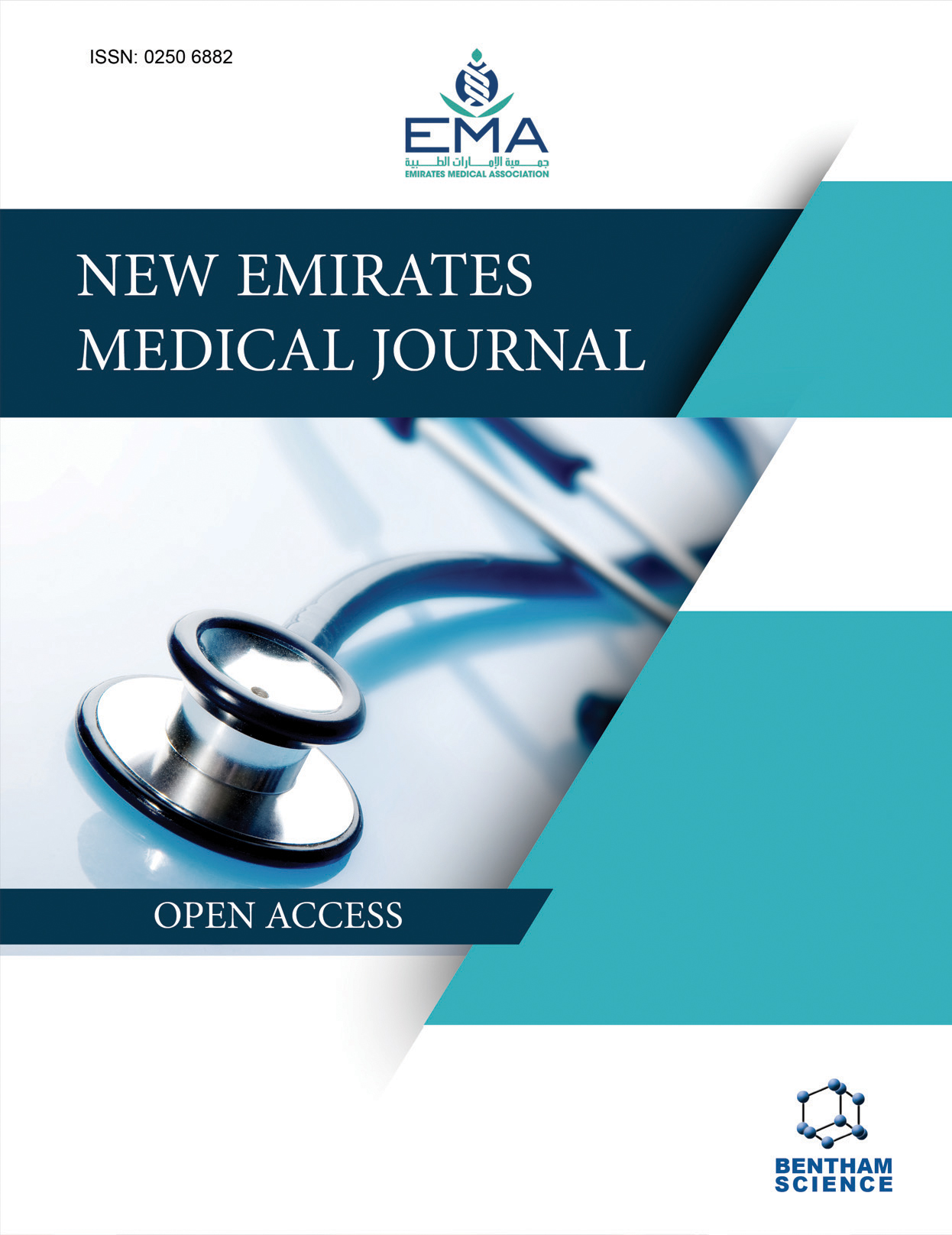-
oa Integrating Game-based Assessments into the Medical Curriculum
- Source: New Emirates Medical Journal, Volume 5, Issue 1, Jan 2024, e02506882352979
-
- 23 Aug 2024
- 06 Nov 2024
- 01 Jan 2024
Abstract
In the global vision to deliver effective medical education to the current and future cohorts of medical students, there is an immense need to plan and implement measures to ensure continuous improvement. The purpose of the current article is to explore the scope of game-based assessments in medical education and propose a step-wise plan to integrate game-based assessments into the medical curriculum. The medical students of the modern era have varied learning needs, preferences, and learning styles, and considering the rapid rise in popularity of online games among medical students, the employment of these games is expected to help students learn in many ways. Acknowledging the merits of game-based assessments, there is an immense need to explore the scope of integrating them into the existing medical curriculum. In conclusion, game-based assessments provide a platform for dynamic and engaging learning for medical students and have been associated with multiple benefits. Thus, there is an immense need to take measures to effectively plan and integrate the same in traditional assessments within the medical curriculum.


